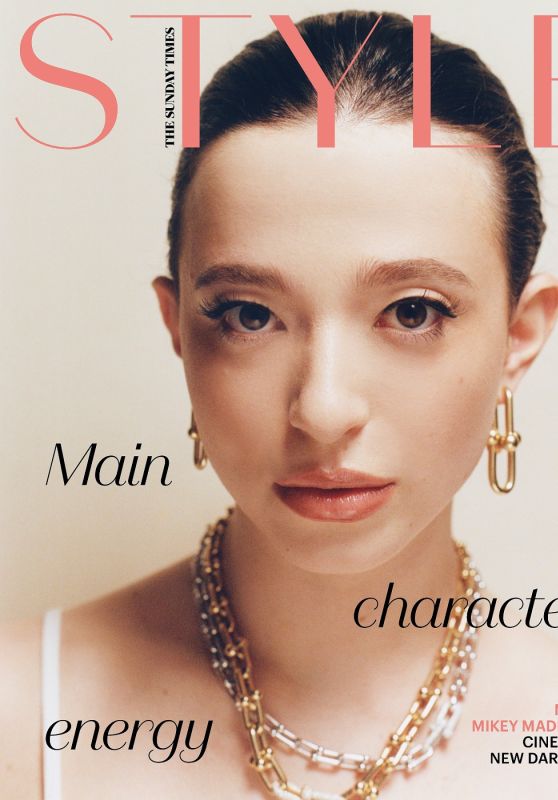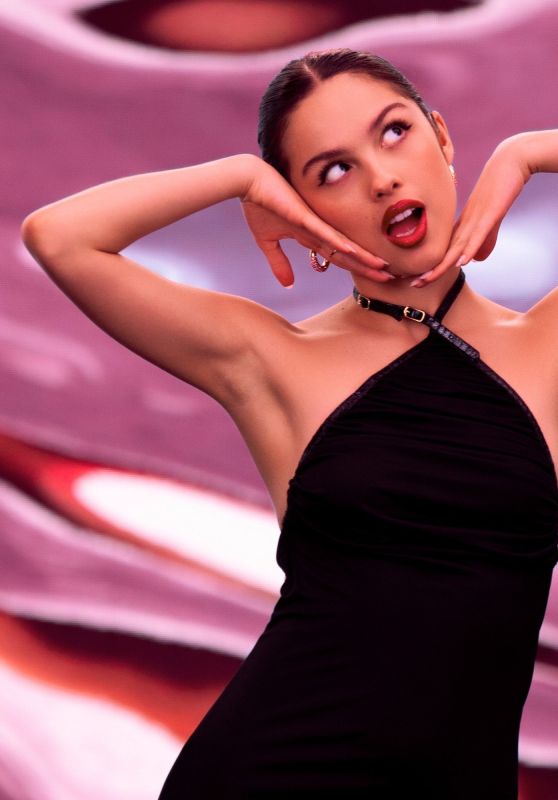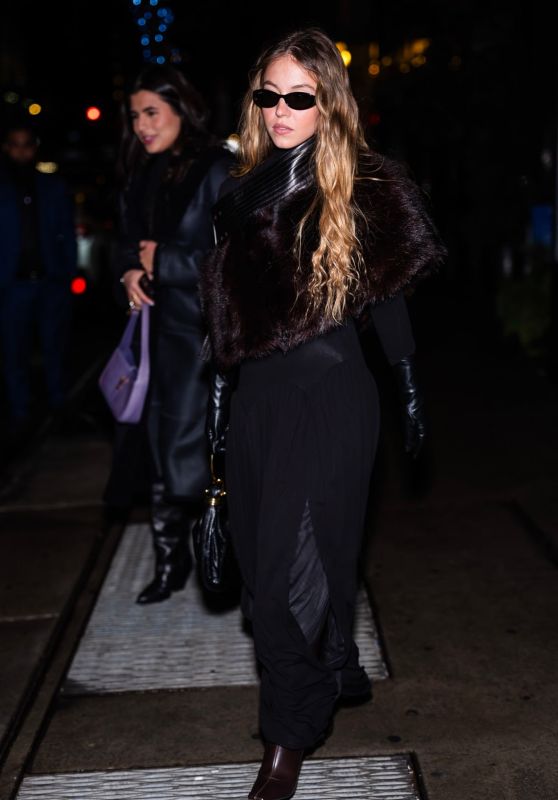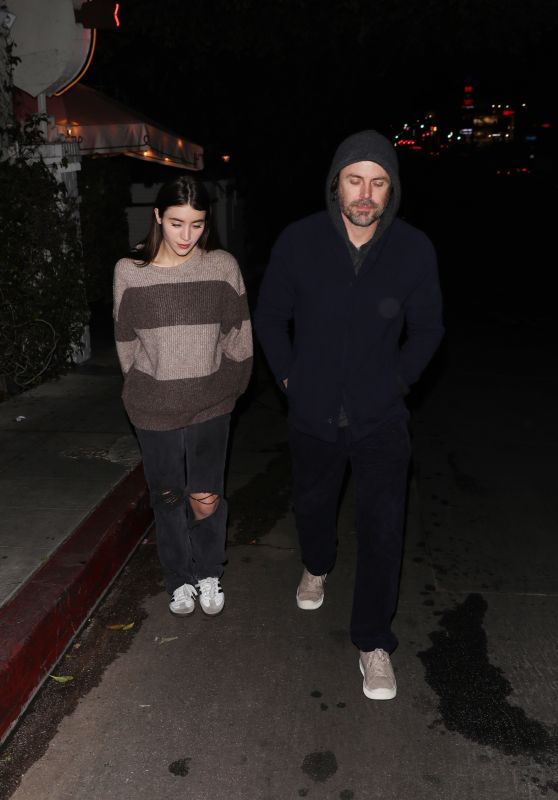Mo Abudu likes to joke that when she decided, in her mid-40, to change careers, from being an executive at oil giant ExxonMobil to launching her own media empire, “most people thought it was a mid-life crisis.” Nearly two decades later, the oft-styled “Queen of African media” has proven the doubters wrong. At 60, Abudu’s influence continues to grow.
Her conglomerate EbonyLife has teamed up with African Export Import Bank (Afreximbank) to finance and produce African content for international distribution. Its first project, the family drama, Dust to Dreams, will see Idris Elba direct singer Seal and Nigerian stars Nse Ikpe-Etim, Eku Edewor, Atlanta Bridget Johnson, and Constance Olatunde. On the distribution side, EbonyLife just signed a deal with new Nigerian studio Nile Media Entertainment Group to launch a series of “luxury cinema experiences,” called The Pods, across West Africa, a region with a chronically underserved theatrical market.
Back in Legos, she launched the EbonyLife Creative Academy to train the next generation of African talents.
Despite her success, Abudu acknowledges the challenges women still face getting ahead in the entertainment industry. “The greatest challenge has often been breaking through the preconceived notions of what a woman’s role should be in leadership,” she notes. “There is still a need to constantly prove one’s competence in spaces dominated by men, but I’ve always believed in staying focused and letting the work speak for itself.”
Looking to the future, Abudu says she hopes we’ll soon see the end to what she calls “tokenism of Black content,” internationally, where shows with Black characters and storylines “only get one chance, and then that’s it for the next five years. This same logic never applies to ‘white’ shows.”
Abudu took the opportunity of being named to THR‘s 2024 Most Powerful Women in International TV list to speak to a younger generation of female executives, calling on them to remain “unapologetically you and be authentic unto thyself. Know your worth, remain focused on your vision, and don’t let the noise of the industry sway you.”
What was your first job in the business?
My first job in the business was as the host and creator of Moments with Mo, a talk show that provided a platform for important conversations across Africa, featuring inspiring guests from all walks of life.
What was the biggest professional challenge you faced this past year?
The biggest challenge has been navigating the evolving landscape of content production and distribution, especially as we scale across multiple platforms globally. Balancing innovation while maintaining the core values of our storytelling has required constant adaptation.
What do you see as your biggest achievement of the past year?
Expanding the reach of EbonyLife Creative Academy has been a major milestone. The Academy has empowered hundreds of creatives, offering them the tools to thrive in Nigeria’s growing entertainment industry and beyond. Watching this initiative flourish and seeing the talents we’ve nurtured is immensely fulfilling. Additionally, our ongoing development slate has been fascinating. We are excited about what is to come in 2025/26.
What needs to be done to improve equality and diversity within the industry
There needs to be a continued focus on creating opportunities for underrepresented voices, particularly women and people of color. This means not just hiring more diverse talent but also ensuring they have the resources and support to succeed at every level, from entry to executive roles.
What is or has been the greatest challenge in being a woman in this (still very male-dominated) industry?
The greatest challenge has often been breaking through the preconceived notions of what a woman’s role should be in leadership, especially in the media and entertainment industry. There is still a need to constantly prove one’s competence in spaces dominated by men, but I’ve always believed in staying focused and letting the work speak for itself.
What current industry trend do you hope to soon see the back of?
I’d love to see an end to the overemphasis on sensationalism in content, where substance often gets sacrificed for shock value. We need more depth, storytelling that connects emotionally, and narratives that resonate beyond the moment. I’d also like to see an end to the tokenism of Black content. It seems like Black shows and features that may have slightly similar storylines only get one chance, and then that’s it for the next five years. This same logic never applies to “white” shows.
What advice would you give young women just entering the industry?
Be unapologetically you and be authentic unto thyself. Know your worth, remain focused on your vision, and don’t let the noise of the industry sway you. The journey might be challenging, but with perseverance and passion, you’ll find your voice.
What show, currently on air, would you love to have made?
SupaCell, written and directed by Rapman, has always been a standout for me. Its creative direction, fresh approach to storytelling, and powerful themes are extraordinary.
What do you watch for pleasure?
I enjoy watching a wide range of genres, from historical dramas to documentaries, and I find inspiration in stories that reflect resilience and human complexity. Succession and Presumed Innocent on Apple TV are a couple of recent favorites, each offering something unique in terms of storytelling and production.
What do you do to unwind?
Spending time with family and friends, particularly my grandkids. I love reading, and catching up on my favorite TV shows, and feature films.




















 English (US) ·
English (US) ·